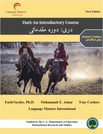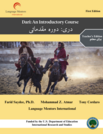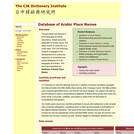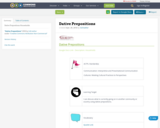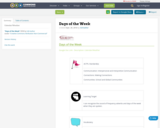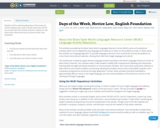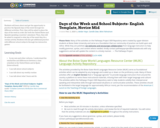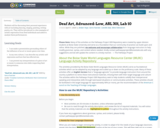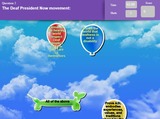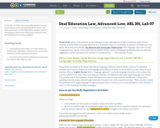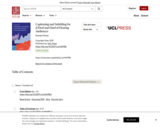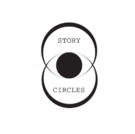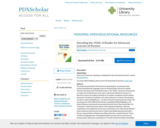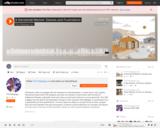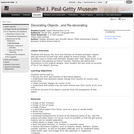The materials presented in this book were developed for an advanced-level content-based Russian language course at Portland State University entitled “Russian Literature of the Twentieth Century: The 1920s.” Literature of this period is a major part of the Russian canon, but is notoriously difficult for learners of Russian to read in the original, due both to its stylistic complexity and the relative obscurity of its historical, political, and cultural references. And yet, this decade is crucial for understanding Russia – not only in the Soviet period, but also today. This was the period, when Mikhail Zoshchenko, Isaak Babel, Mikhail Bulgakov, and Andrei Platonov meticulously documented the birth of the “New Soviet Man,” his “newspeak” and Soviet bureaucratese; when Alexandra Kollontai, a Marxist revolutionary and a diplomat, wrote essays and fiction on the “New Soviet Woman”; when numerous satirical works were created; when Babel experimented with a literary representation of dialects (e.g.,Odessa Russian or Jewish Russian). These varieties of language have not disappeared. Bureaucrats still use some form of bureaucratese. Numerous contemporary TV shows imitate the dialects that Babel described. Moreover, Bulgakov’s “Heart of a Dog” gave rise, due largely to its film adaptation, to catch-phrases that still appear throughout contemporary Russian media, satirical contexts, and everyday conversation. Thus, the Russian literature of the 1920s does not belong exclusively to the past, but has relevance and interpretive power for the present, and language learners who wish to pursue a career in humanities, media analysis, analytical translation, journalism, or international relations must understand this period and the linguistic patterns it established.
The textbook is intended for adult learners, and contains language assignments that would, on the one hand, help students transition to ACTFL’s Advanced proficiency level (i.e., be able to create "narratives, descriptions, and summaries … using paraphrasing and elaboration” (ACTFL 2012: 12).), but at the same time promote meaningful engagement with literary texts. The assignments in this textbook are multilevel ones, and thus offer a solution for multilevel classes that include literate heritage Russian speakers, Intermediate High, Advanced, or even Superior-level readers.
